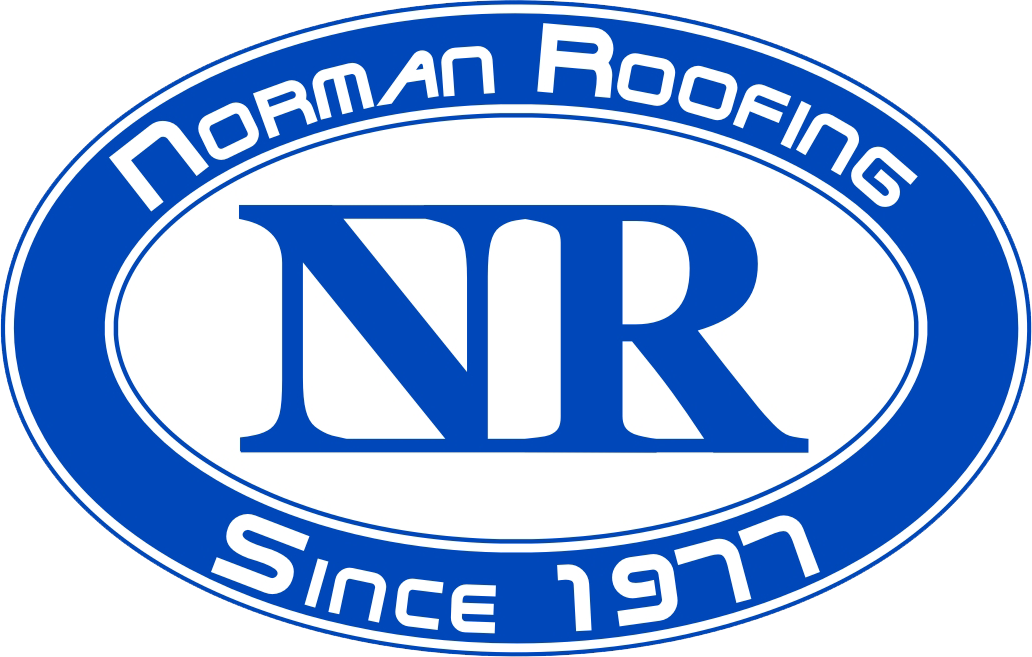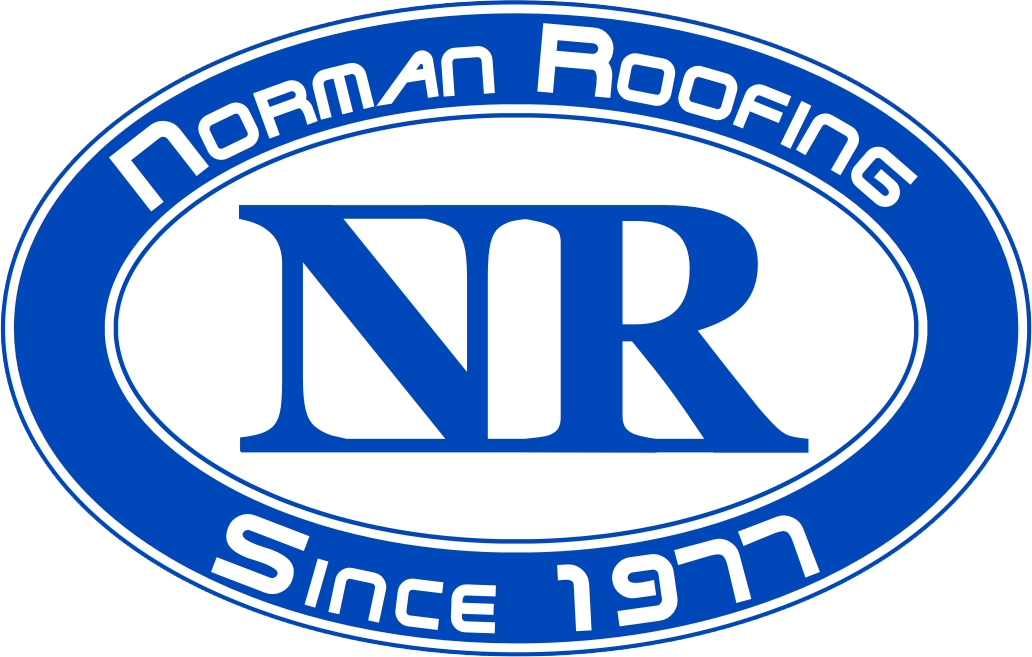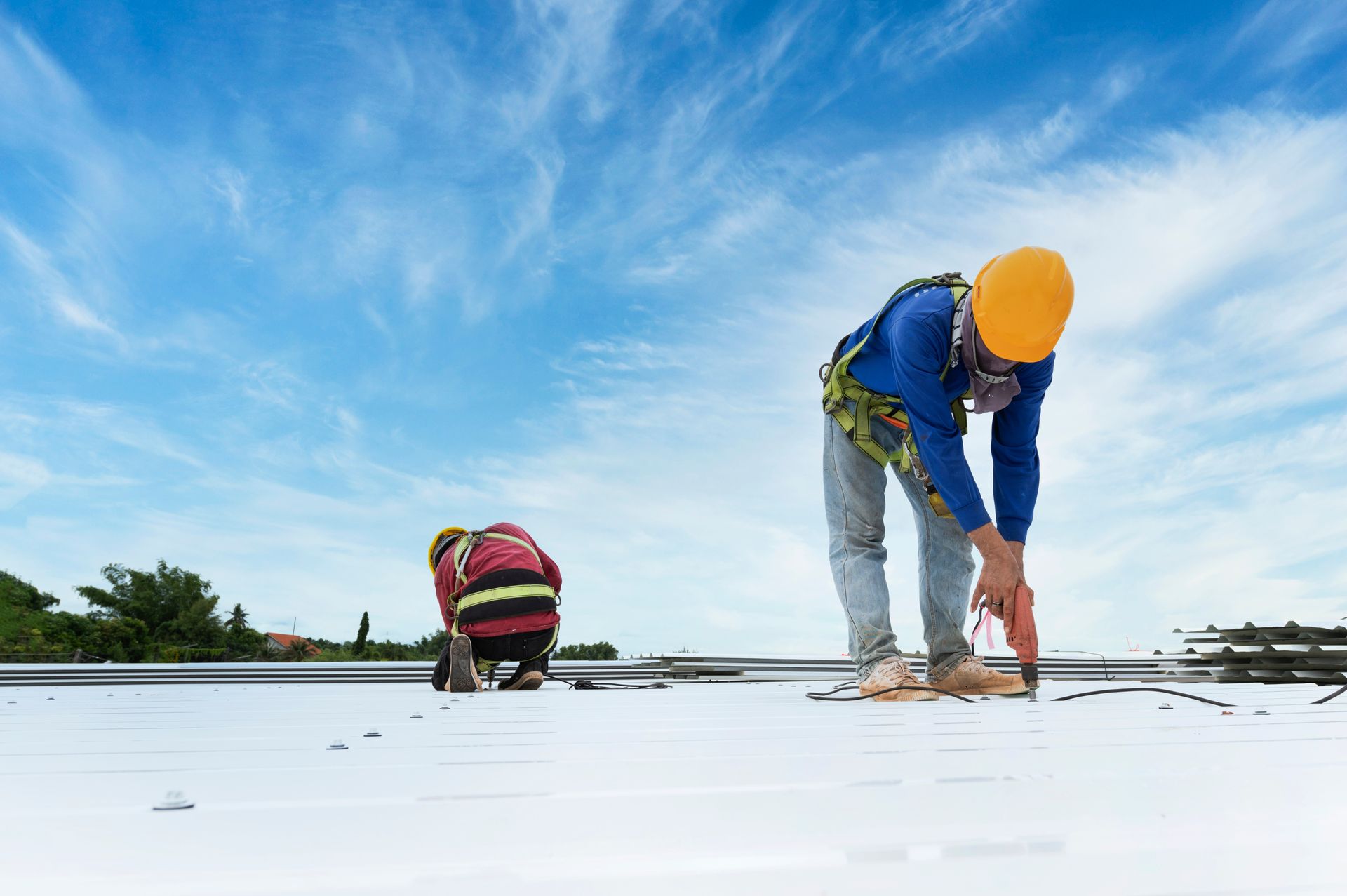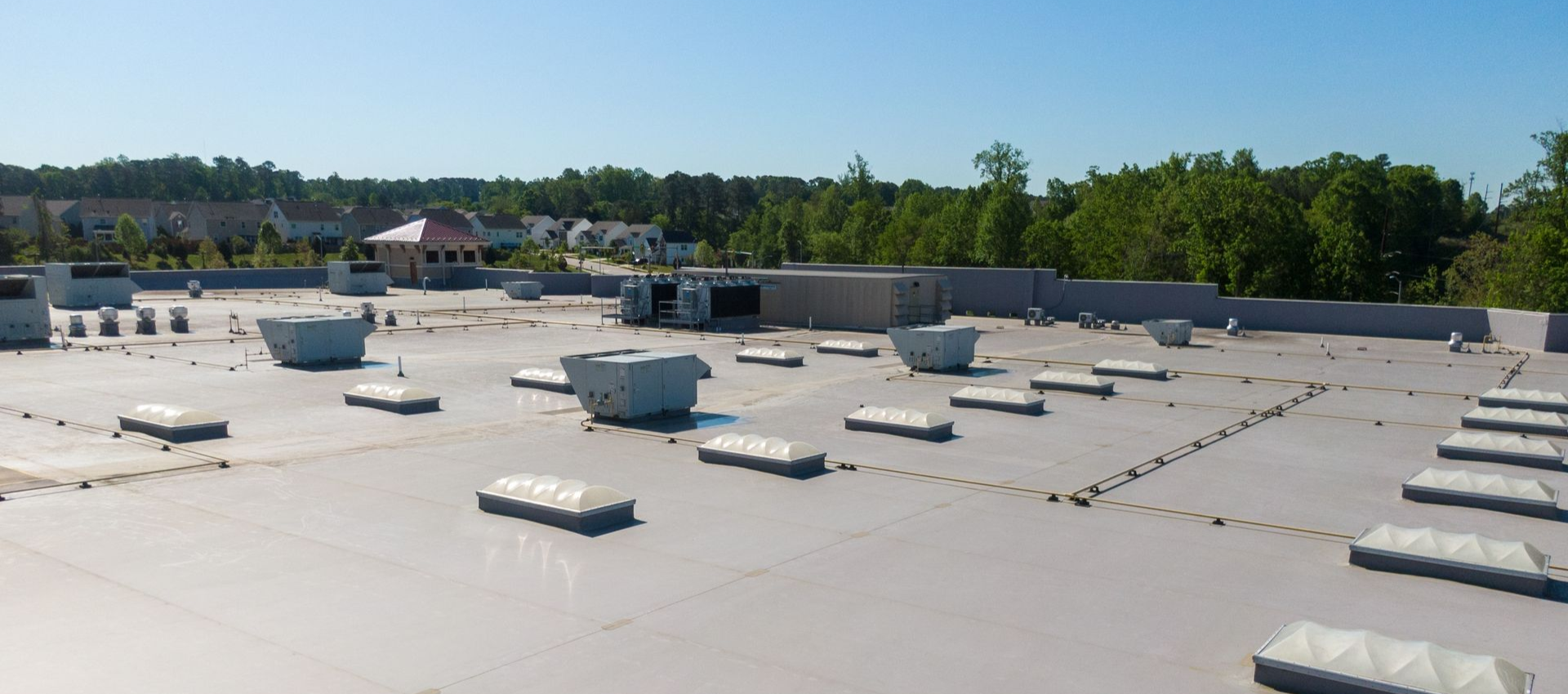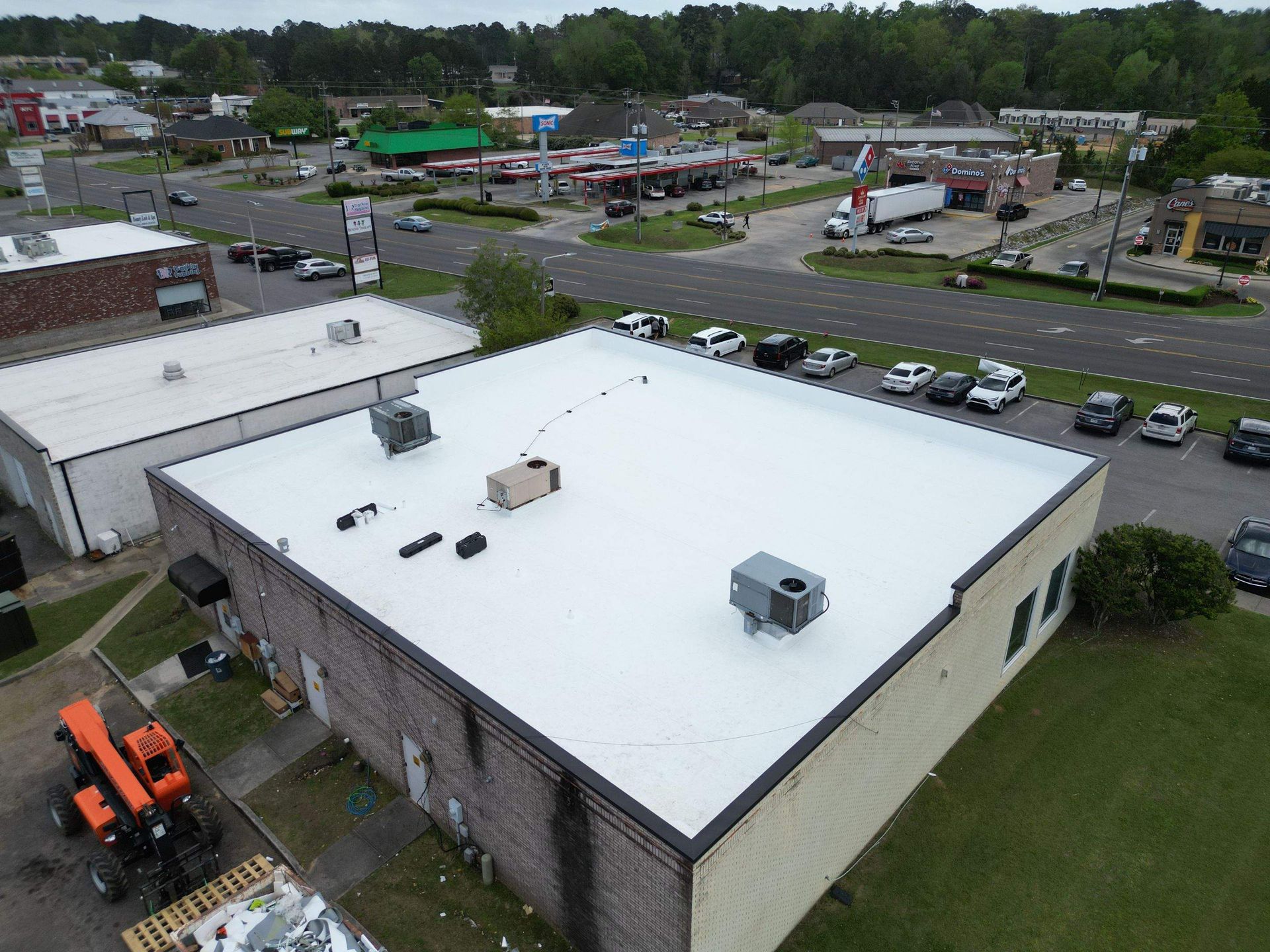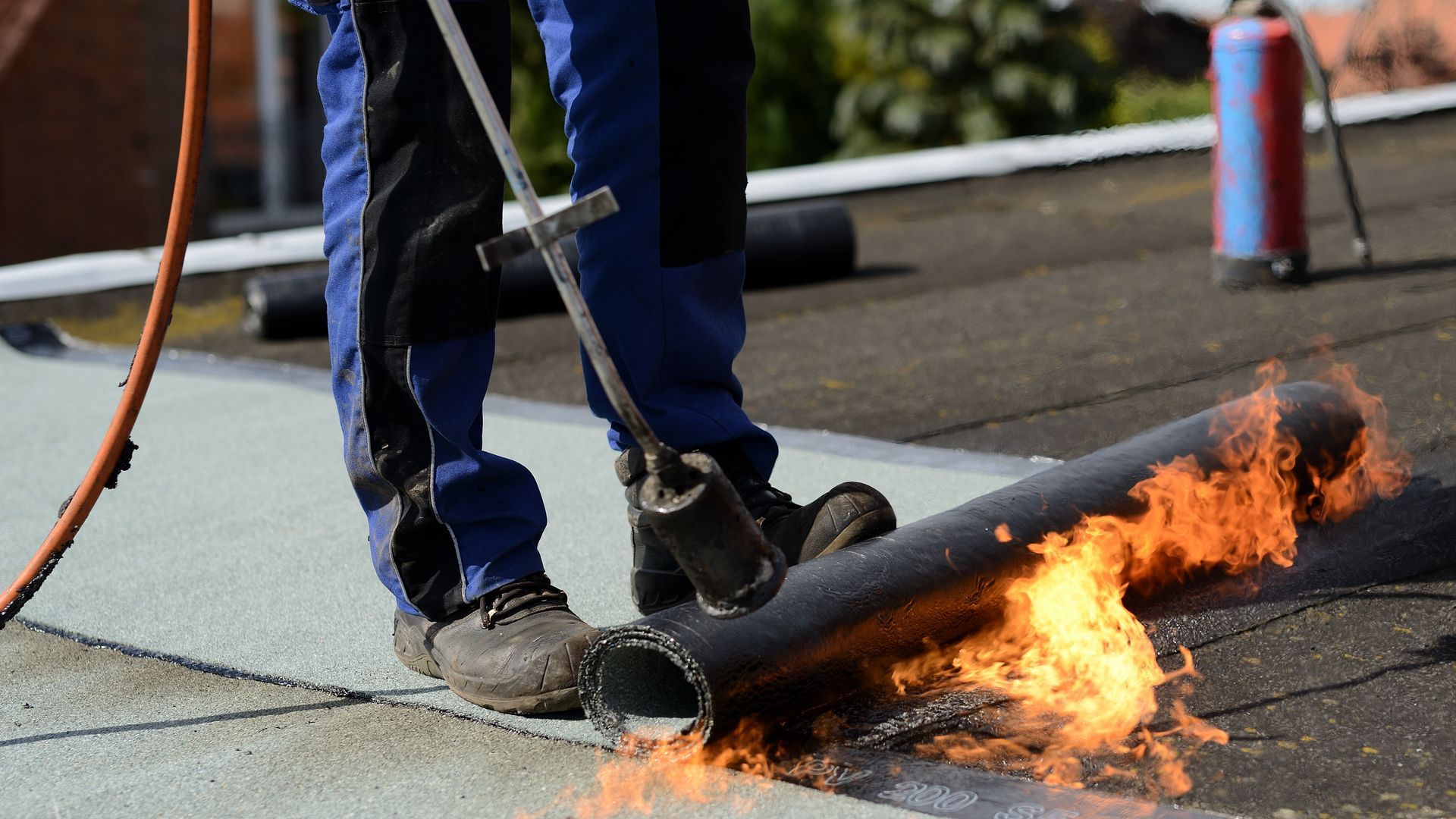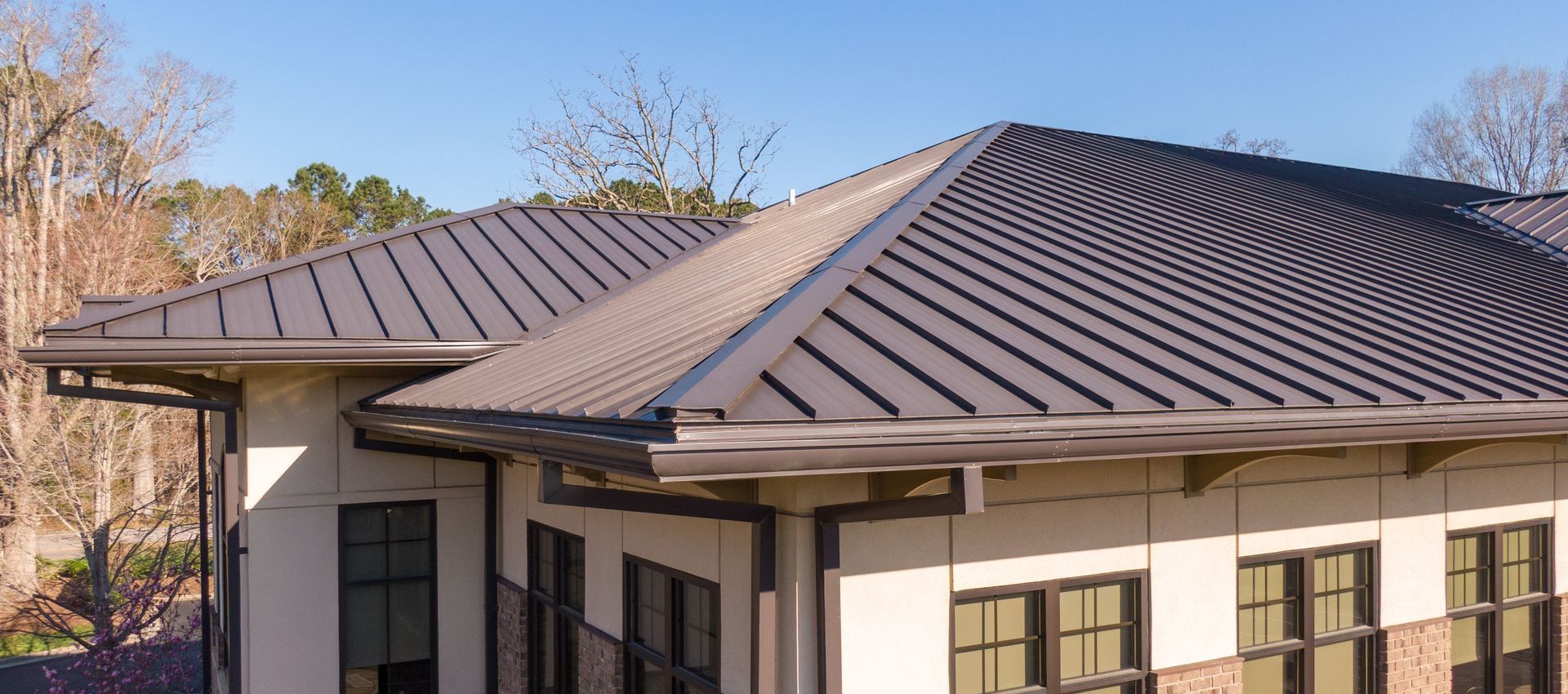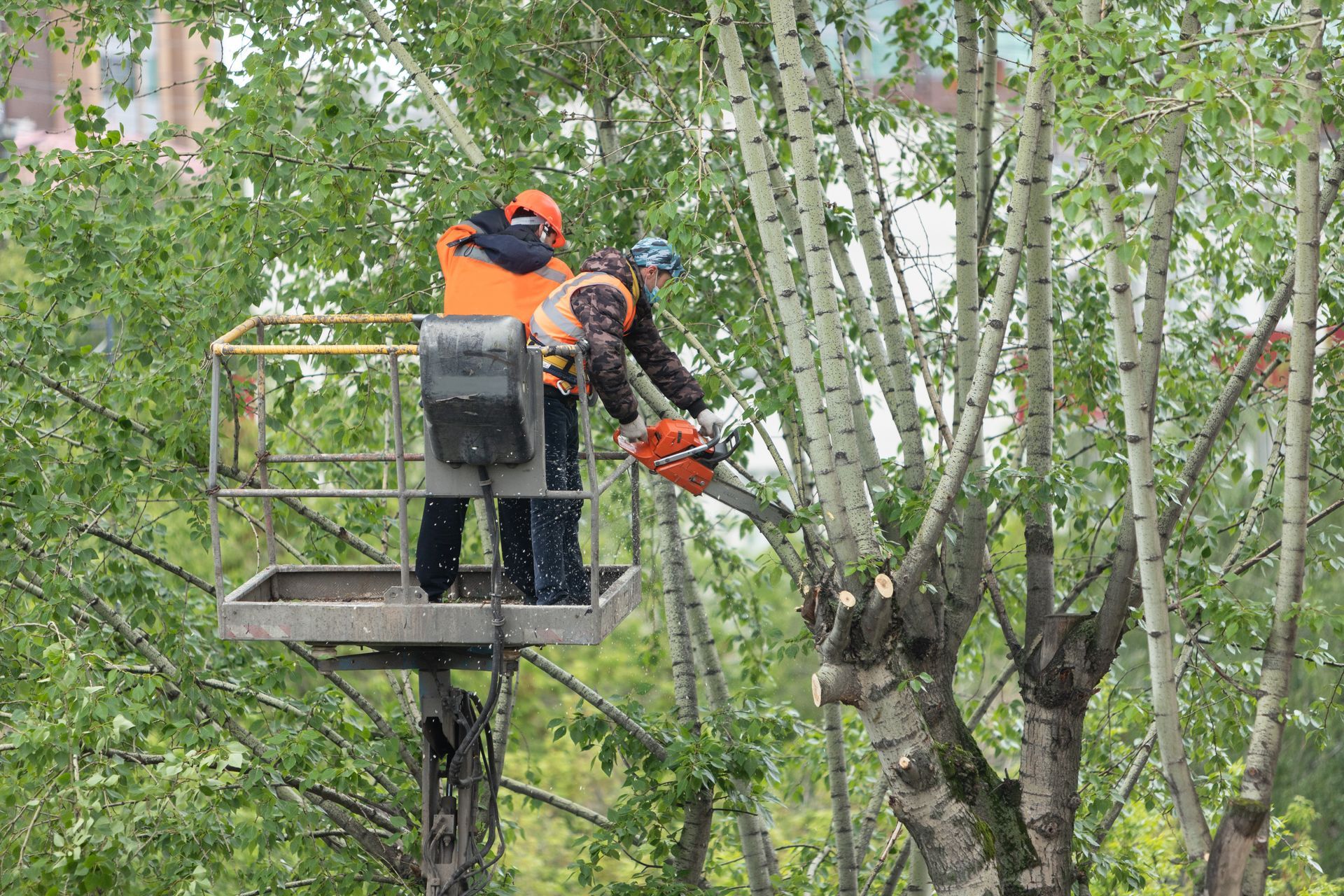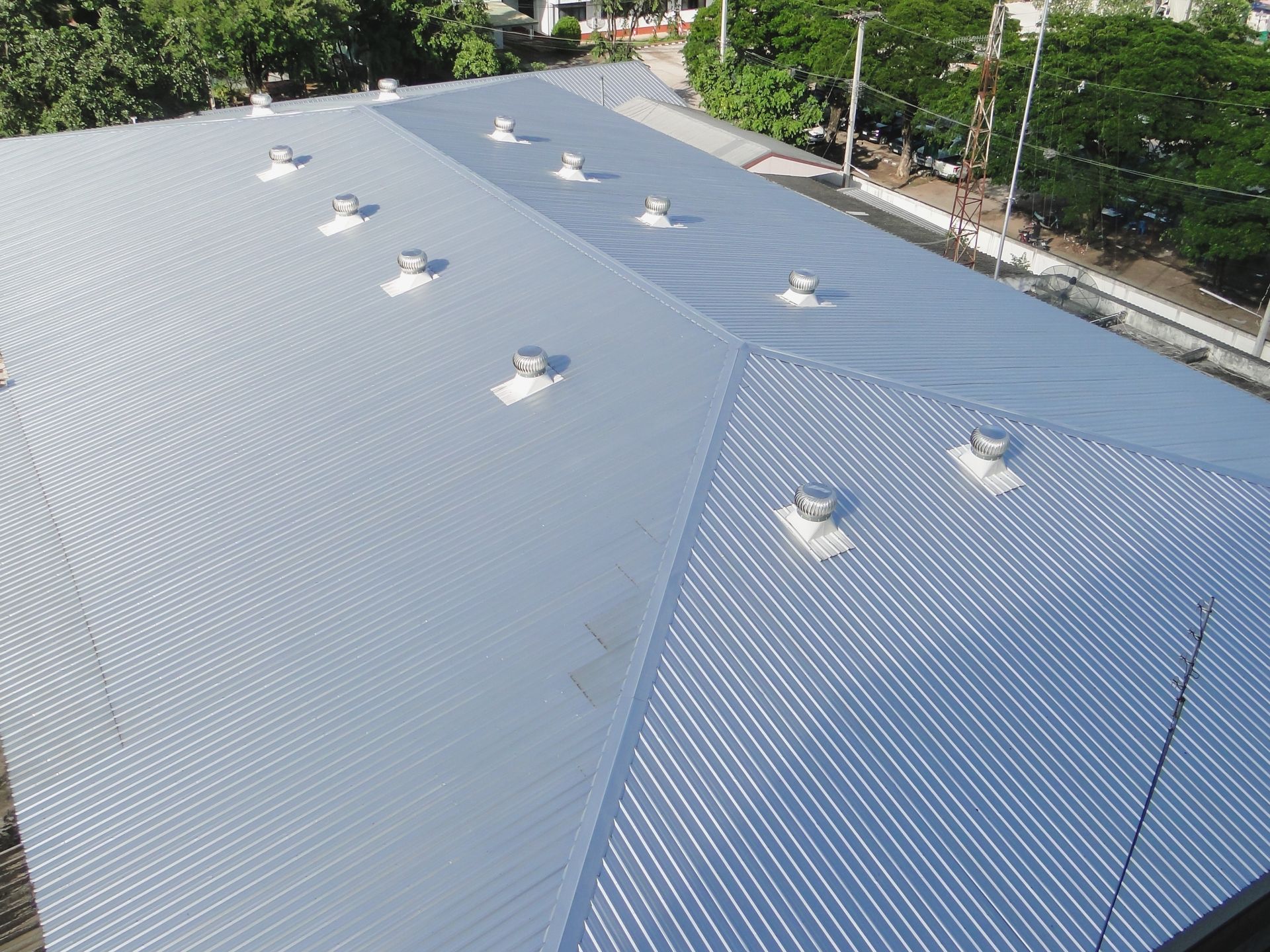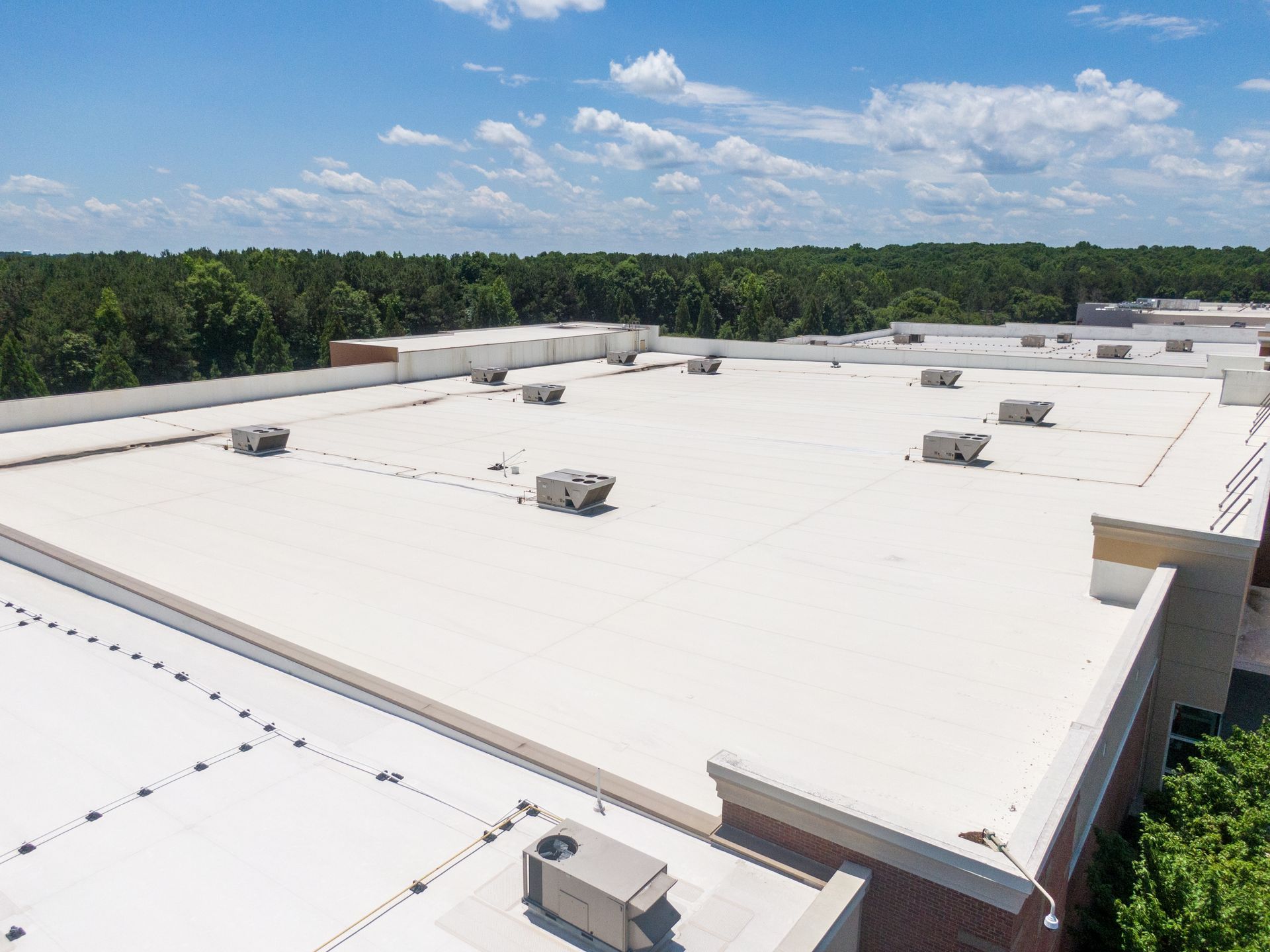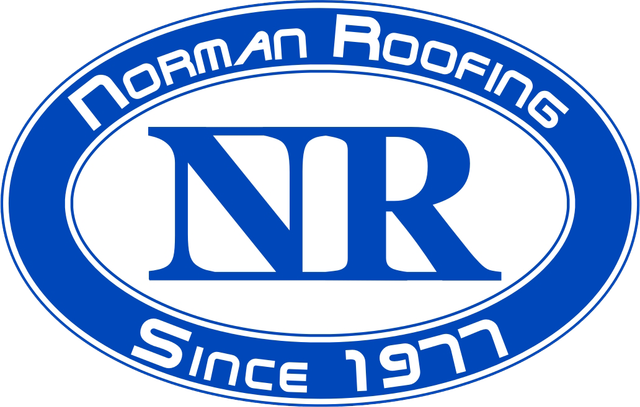Metal Roofing: Improving Energy Efficiency for MS Businesses
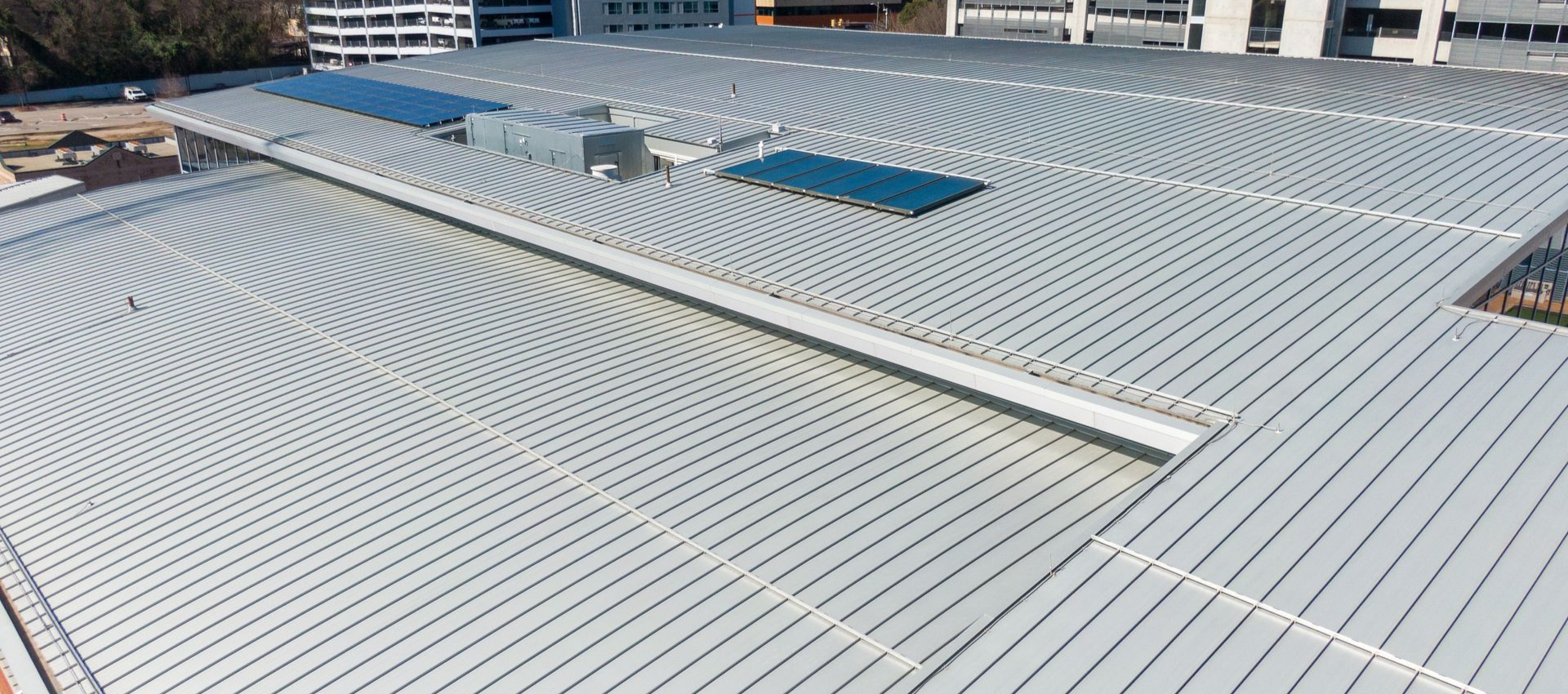
Energy efficiency is becoming increasingly important for both businesses in Mississippi. Of all the roofing choices on the market, metal roofing stands out for its ability to save energy. Whether it's for a commercial building or an industrial facility, metal roofs offer multiple ways to improve efficiency. Let’s explore how metal roofing can help businesses save energy, cut costs and create more comfortable indoor spaces.
Reflects Light Away From Rooftop
A major advantage of metal roofing is its ability to reflect solar heat. Unlike traditional materials such as asphalt shingles, which absorb and trap heat, metal roofs bounce much of the sun’s radiation away. This helps keep indoor temperatures cooler, minimizes heat buildup and lessens the demand on your air conditioning system.
Metal roofing can be upgraded with reflective coatings, which boost solar reflectivity and keep the roof's surface temperature. This added layer of protection is particularly helpful in Mississippi’s hot summers, where cooling expenses often place a heavy strain on businesses.
Releases Heat Easily
Along with reflecting solar radiation, metal roofs also have high thermal emissivity, meaning they quickly release any heat they do absorb. This prevents heat from lingering during the day and allows the roof to cool off faster in the evening. As a result, buildings stay cooler for longer.
Works Well With Ventilation and Insulation
Proper ventilation is key to maintaining energy efficiency in any roofing system. Metal roofs can be designed with integrated ventilation solutions, like ridge vents, soffit vents, and attic fans, which allow hot air to escape and promote better airflow. Added ventilation reduces heat buildup in attics and upper levels, keeping indoor temperatures more consistent throughout the year.
Metal roofing also works well with ventilation and insulation, creating a more comfortable and energy-efficient business. Its lightweight panels allow for air to flow beneath the roof, helping to reduce heat buildup and prevent moisture accumulation. When combined with quality insulation, metal roofs are able to keep heat out in the summer and retain warmth in the winter.
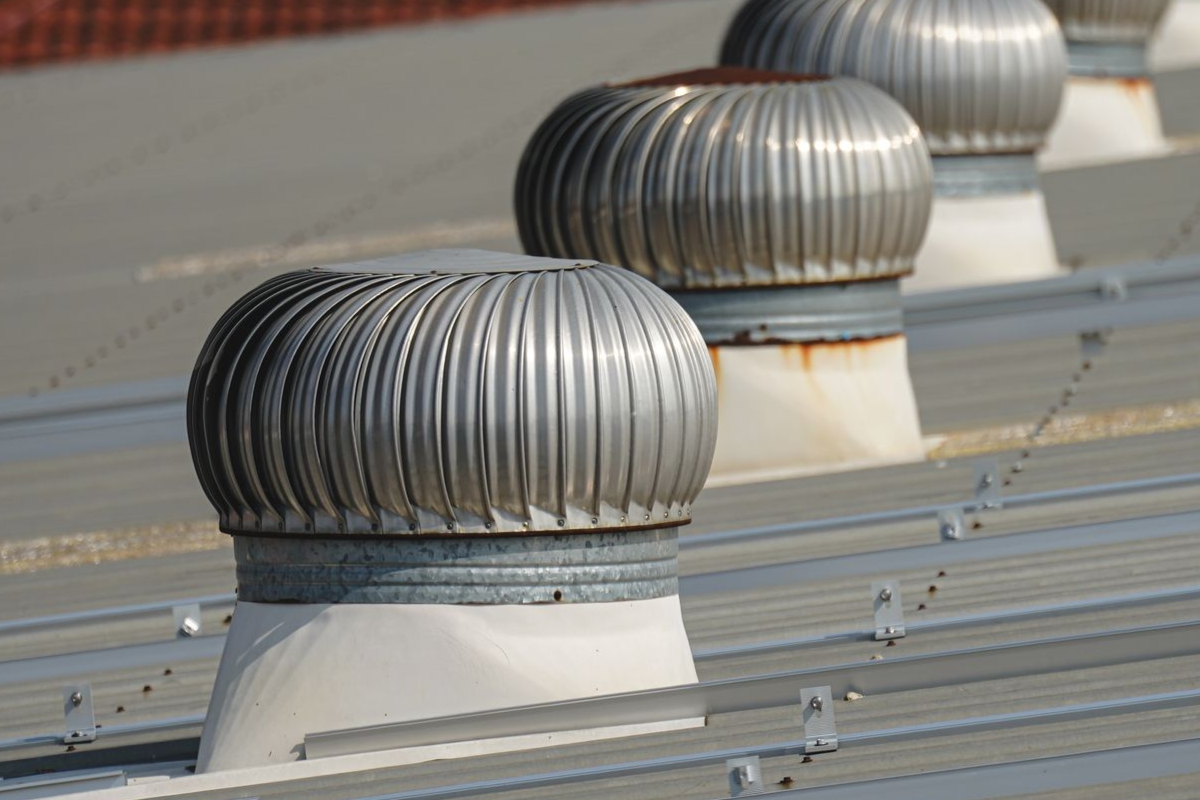
Designed To Last
A durable roof can have a big impact on long-term savings. A quality metal roof can last from 40 to 60 years or more, far outlasting asphalt shingles, which typically need replacement every 15 to 20 years. This extended lifespan not only reduces the environmental impact of frequent replacements but also minimizes material waste, making metal roofing a smart choice for commercial buildings.
Additional Benefits of Metal Roofing
Reduces Strain on Your HVAC System
In addition to making your space more comfortable, metal roofing can also lower energy usage and help businesses save on utility bills. Its ability to reflect light and release heat during the summer can reduce the strain on your HVAC. This is especially important for Mississippi businesses, which rely immensely on their cooling systems to maintain safe and comfortable working conditions.
With a more efficient system, less energy is needed to maintain consistent temperatures. When metal roofing is paired with ventilation and insulation, it helps your HVAC system work more efficiently, reducing the effort required to heat and cool your home.
Lowers Utility Bills
Metal roofing helps reduce utility costs by lowering the energy needed to heat and cool a building. This provides immediate savings for businesses and continues to deliver long-term financial benefits. With a lifespan spanning several decades, a well-maintained metal roof can offer significant energy savings over many years.

Smaller Carbon Footprint
Metal roofing enhances energy efficiency, which helps lower a building’s carbon footprint. By using less energy, buildings rely less on fossil fuels, reducing greenhouse gas emissions. Plus, many metal roofing materials are made from recycled content and can be fully recycled at the end of their lifespan, making them a sustainable option for environmentally conscious property owners.
Enhances Property Value
Energy-efficient features are increasingly valued in today’s real estate market. Property owners who choose metal roofing may see a boost in property value, as buyers and tenants appreciate the long-term cost savings and environmental benefits that come with energy-efficient roofing.
Looking for Metal Roofing Experts? Norman Roofing Is Ready To Help!
Considering getting a metal roof? Norman Roofing is here to assist! Based in Meridian, we’ve proudly served communities across Mississippi and Alabama for 48 years.
We also perform maintenance and offer emergency roofing services. Have questions or want to learn more about our metal roofing options? Give us a call at 601-483-4079 or visit our website by clicking the link here.

